How to prepare your home for a Pandemic:
Malta will close all bars, restaurants, gyms, casinos, cinemas and bingo halls as of today, Prime Minister Robert Abela has announced.
Restaurants will still be able to provide deliveries to people’s homes.
The Prime Minister’s decision, intended to ensure as much social distancing as possible, comes shortly after Malta confirmed its first three locally transmitted cases of the COVID-19 coronavirus.
He said these new measures, recommended by the public health authorities, are intended to slow down the rate of new coronavirus cases and will hopefully prevent the government from imposing a total lockdown.
Social distancing means limiting all kinds of interactions with other people – be it friends, relatives or at the market – wherever possible. That also means severely limiting the amount of shopping trips you go to. With this in mind, here’s some supplies you should keep in mind and handy in your home:
Food:
- While you may think it’s a bit panicked to stock up on canned supplies like the apocalypse is coming, keep in mind that meal options disappear quickly when you’re eating three meals a day at home.
- Get enough food to last you two weeks without a trip to the market.
- Stock up on non-perishables that will keep you fed for days, like canned beans and tuna that can be added to meals easily for protein.
- Frozen vegetables are also a great bargain: Throw them in the oven with olive oil and seasoning.
- And of course, grab enough coffee to keep yourself caffeinated through the stretch.
Medical:
- If you have medicine you need on a daily basis, be sure your prescription will last through the quarantine period.
- Perhaps the most important thing of all, if you or anyone in your family who is also quarantined has any kind of medical condition that requires medication, make sure you have enough supplies because that could be life-threatening.
- Keep in mind the regular pharmacy items you may need during that time, like vitamins and panadols.
- If you have a baby, stock up on diapers, baby food, and formula.
Household
- The CDC also advises keeping a stash of cleaning supplies, like paper towels, disinfectant, and laundry detergent.
- Sanitizing wipes and sprays are great for frequently touched surfaces like tables, doorknobs, light switches, toilets, and faucets.
- The CDC has a list of household cleaners and EPA-registered disinfectants labeled “Coronavirus fighting products.”
- While it’s highly unlikely that the situation will become this severe, all homes are advised to have a three-day supply of bottled water and batteries in case of emergency.
Animals:
- Before you’re overcome with fear that Fido will suffer from respiratory failure, keep in mind there has only been one reported case of an animal contracting COVID-19, and that’s a dog in Hong Kong who isn’t visibly ill.
- However, the CDC advises people who actually have COVID-19 limit interaction with pets and other animals.
- If you’re a self-quarantined pet owner, be sure to stock up on enough dog or cat food (and litter) to last your furry friend two weeks.
Wellness:
- Just because you’re stuck inside doesn’t mean you should neglect your mental and physical health.
- If you’re unable to get out to attend a therapy session, ask your therapist if they’d be willing to conduct a session over the phone.
- There are also virtual therapists on sites like Talkspace, who can be very helpful in a bind. If you’re feeling up to exercising, consider checking the fitness options on streaming services like Amazon Prime or Netflix, which offer hundreds of workout videos with your membership.
- You can also find a variety of free workouts ranging from yoga sessions to heart-pumping HIIT classes for no cost on YouTube.
Kids:
- Kids should not be left with grandparents, even if they both seem healthy. Coronavirus may take up to 12 days to show, and in some cases, one may not show symptoms but still transmit it to others who are more vulnerable.
- Try board and card games. On the surface it may not seem interesting, but mix it up! Kids love making up their own fun rules for tried-and-true standards, and you can create a tournament for the winner to receive a fun prize like staying up an hour later than the usual bedtime.
- Create a family collage or scrapbook. Do you have old magazines or catalogues lying around? Do your kids love to draw? Create a family board or book of words, ideas, images, character traits, or whatever you feel represents your family. There are no rules except having fun and being creative!
- Give a lesson on community. Go through your cupboards with your kids and pick out stuff you can drop off at your local food bank.
Discuss COVID-19 with your kids and explain how the infections and quarantines will affect many families and their ability to feed themselves.
Take the opportunity to teach your kids to help their community.
We believe fear should never dictate our actions, but we also believe prevention is better than cure.
Stock up on the above, practice good hygiene and pay attention to updates in your area. And if you find yourself at a Purell-free CVS, never fear, alcohol-based sanitizers are certainly handy on the go, but washing your hands with soap for at least 20 seconds is still the best way to avoid COVID-19.
7 Facts you need to know to slow down the Coronavirus
On Monday, Public Health Superintendent Charmaine Gauci announced nine new cases of coronavirus, bringing the total to 30. For the first time, three of the cases were local transmission, after people who came home from abroad infected co-workers. The three local transmissions are healthcare professionals, who contracted the virus from healthcare workers who tested positive after returning from holiday.
This leaves locals – especially older people – and their families wondering what extra precautions they should take. Several best practices have been recommended by the Centers for Disease Control and Prevention, the World Health Organization, geriatricians and infectious diseases specialists.
- Don’t rely on gloves. Gauci has warned against the misuse of gloves to prevent Covid-19 contraction, stating that they give a false sense of security. She said that gloves are normally used for the care of individuals in medical environments so as to prevent the transmission of viruses or bacteria from patient to doctor.
“If someone is using the same pair gloves constantly, it’s as if you’re not wearing any, because the contagion can still spread,” she said.
- Hand sanitisers do work – to an extent. The World Health Organisation has confirmed that hand sanitisers with over 60% alcohol DO work against corona viruses. Homemade hand sanitisers do not work, unless you know how to dilute alcohol correctly.
- While hand sanitisers do kill the virus, regular hand-washing with soap and water is still the best solution, especially after going to the bathroom, blowing your nose, coughing or sneezing. Wash your hand with soap, if this is unavailable use alcohol-based wipes and hand sanitisers.
- Visits with grandchildren are ill-advised. Cruises are out, as is nonessential travel. People are wrong to assume that if an underlying condition is well managed with treatment, they’re out of danger. Even those with conditions that are stable should take extra precautions.
- You may feel fine even if you have corona virus. One of the biggest takeaways from social distancing is that even if we may feel fine, it is still possible for us to carry the virus and spread it to others, so we should stay home.
- Have you travelled? Whether you used a plane, a train or a cruise, it is responsible to self-quarantine. Generally, the time between contamination and showing signs of the first symptoms can take anywhere between two to 14 days. The potentially long incubation period is a crucial reason while health authorities are urging a 14-day self-quarantine period.
- No, warmer temperatures will not kill the virus.
“At best, warm weather might influence the spread but it will not see the end of it,” said Dale Fisher, chair of the Global Outbreak Alert and Response Network coordinated by the World Health Organization.
“What is important is how effectively countries are isolating cases, removing people from communities. That’s the biggest factor, not the weather.”
Think you have a case of corona?
If you think you’re sick as a result of the novel coronavirus, you can help safeguard your loved ones and community by staying at home, except to get medical care.
The current guidance from the Centers for Disease Control and Prevention recommends that you call a medical professional if you notice symptoms and
- Live in or have traveled to an area with a known coronavirus outbreakor
- Have had close contact with someone who has traveled to an area with an outbreakor
- Have had close contact with anyone infected.
DO NOT GO to Mater Dei, the emergency department, health centres, private clinics, or pharmacies. Stay home and call the public health authority’s helpline 111.
You can call +356 21324086 for advice.
Avoid calling 112 unless it is a real emergency. That emergency line is crucial in saving lives in peril, and having it be flooded with calls on the coronavirus could have fatal consequences.
- you feel you cannot cope with your symptoms at home
- your condition gets worse
- your symptoms do not get better after 7 days
How to self-quarantine:
If you’re sick with coronavirus and your conditions aren’t severe, you’rel ikely going to be asked to self-quarantine. This means you should:
- try to keep at least 2 metres (3 steps) from other people in your home, particularly older people or those with long-term health conditions
- ask friends and family and delivery services to deliver things like food shopping and medicines – but avoid contact with them
- sleep alone if possible
- regularly wash your hands with soap and warm water for at least 20 seconds
- try to stay away from older people and those with long-term health conditions
- drink plenty of water and take everyday painkillers, such as paracetamol and ibuprofen, to help with your symptoms
Don’t
- do not have visitors (ask people to leave deliveries outside)
- do not leave the house, for example to go for a walk, to school or public places
The Facts Behind coronavirus disease 2019 (COVID-19), caused by severe acute respiratory syndrome coronavirus 2 (SARS-CoV-2).
The outbreak was first identified in Wuhan, Hubei, China, in December 2019 and recognised as a pandemic by the World Health Organization (WHO) on 11 March 2020
About the Corona Virus:

1. It is pretty large in size (cell is about 400-500nm diameter), so any normal mask (not just the N95 feature) should be able to filter it out. However, when someone who’s infected sneezes in front of you, it will take a great 3 meters (about 10 feet) before it drops to the ground and is no longer airborne.
2. When the virus drops on metal surface, it will live for at least 12 hours. So remember if you come in contact with any metal surface, wash your hands with soap thoroughly.
3. The virus can remain active on fabric for 6-12 hours. Normal laundry detergent should kill the virus. But if you are really worried, you can add some non-chlorine bleach or oxygen bleach . For winter clothing that does not require daily washing, you can put it out under the sun to kill the virus.
Groups Especially Vulnerable to the Coronavirus
For most members of society, coronavirus may only cause some flu-like symptoms, but for vulnerable groups, coronavirus is likely to need serious medical attention. With this in mind, we must do our best to ensure as few of these people as possible get Covid-19. Should many cases that require hospitalisation occur at the same time, our hospitals may not be able to cope, risk the further proliferation of the virus, and skyrocket economic costs.
You are more at risk of serious illness if you catch coronavirus and you:
- are 60 years of age and over
- have a long-term medical condition – for example, heart disease, lung disease, diabetes, cancer or high blood pressure
- have a weak immune system (immunosuppressed)
If you have a weak immune system,
There are many things that can cause a weak immune system (immunosuppressed).
These include:
- cancer treatment
- treatment for autoimmune diseases, such as rheumatoid arthritis, lupus, multiple sclerosis (MS) and inflammatory bowel diseases
- HIV
- having an organ transplant or a bone-marrow transplant
Other lung viruses can cause severe illness in people who have a weak immune system. This is likely to be the same for coronavirus. This is why you should take extra care if you have a weak immune system. This is similar for other infections, such as flu.
Phone your doctor if you have any symptoms of coronavirus and are concerned.
Continue to attend for any planned treatment, unless you have been told not to. If you have been in close contact with someone with coronavirus, phone the hospital before your appointment.
The symptoms of the pneumonia caused by Coronavirus:
1. It will first infect the throat, so the throat will have the dry sore throat feeling which will last for 3 to 4 days
2. Then the virus will blend into the nasal fluid and drips into the trachea and enter the lungs, causing pneumonia. This process will take 5 to 6 days.
3. With pneumonia, comes high fever and difficulty in breathing. The nasal congestion is not like the normal kind. You will feel like you are drowning in water.

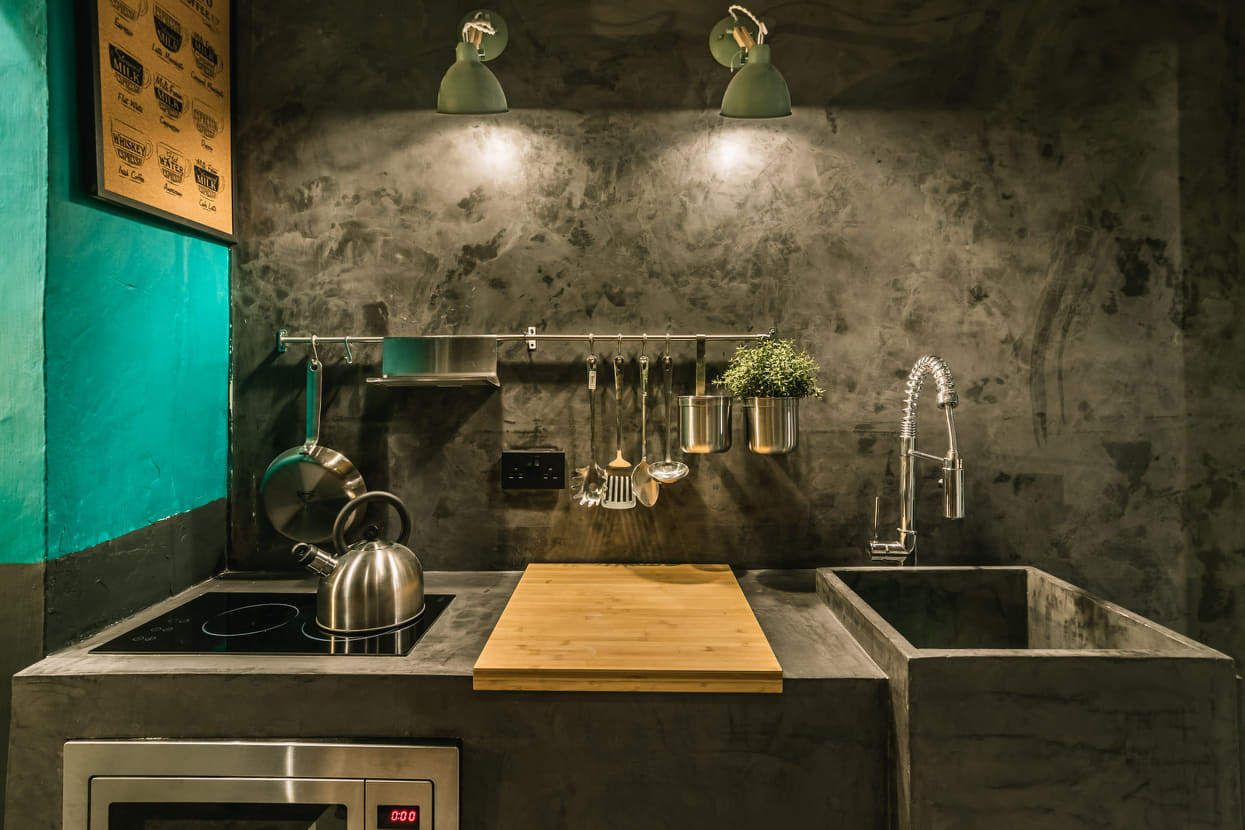
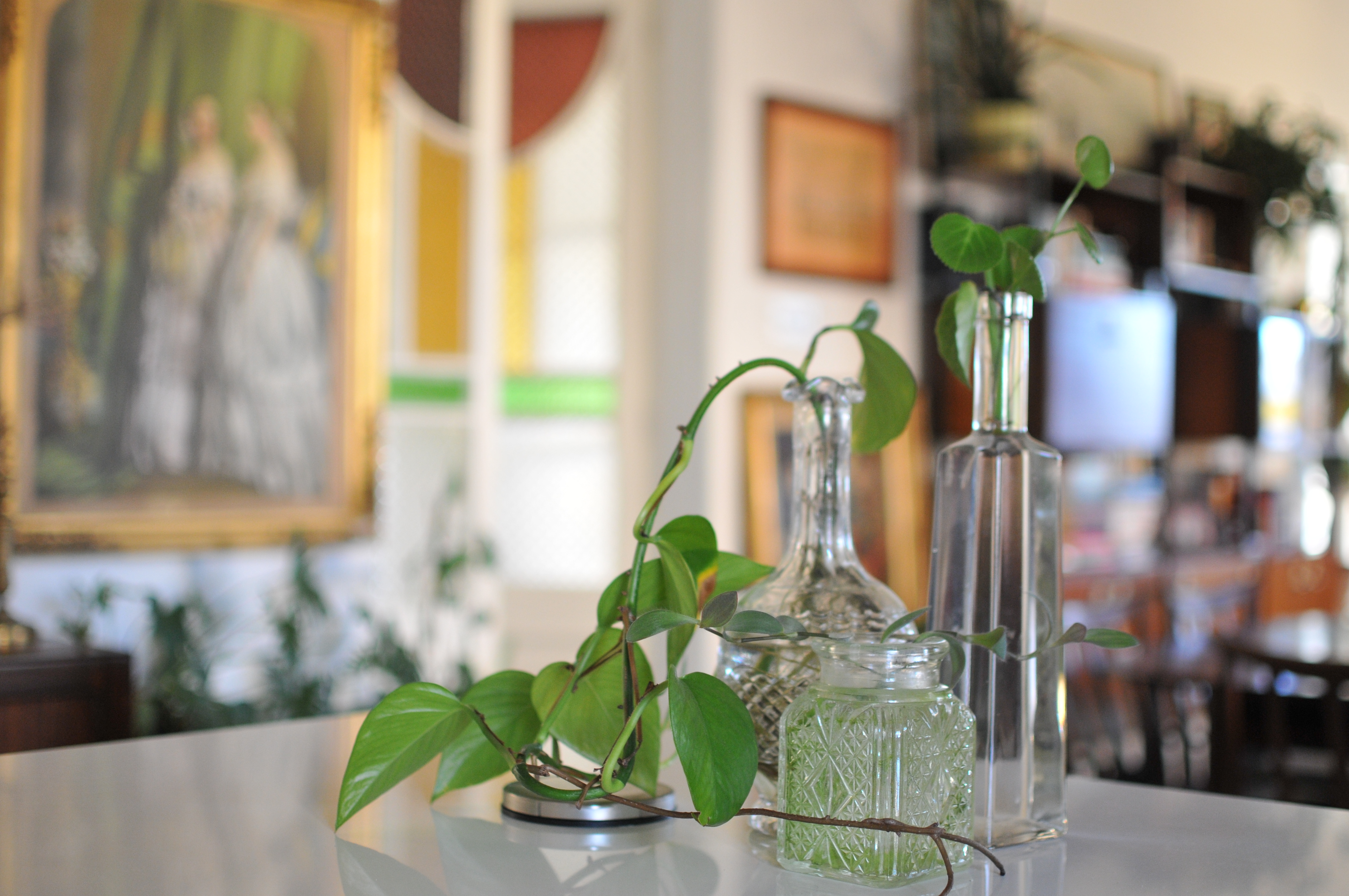
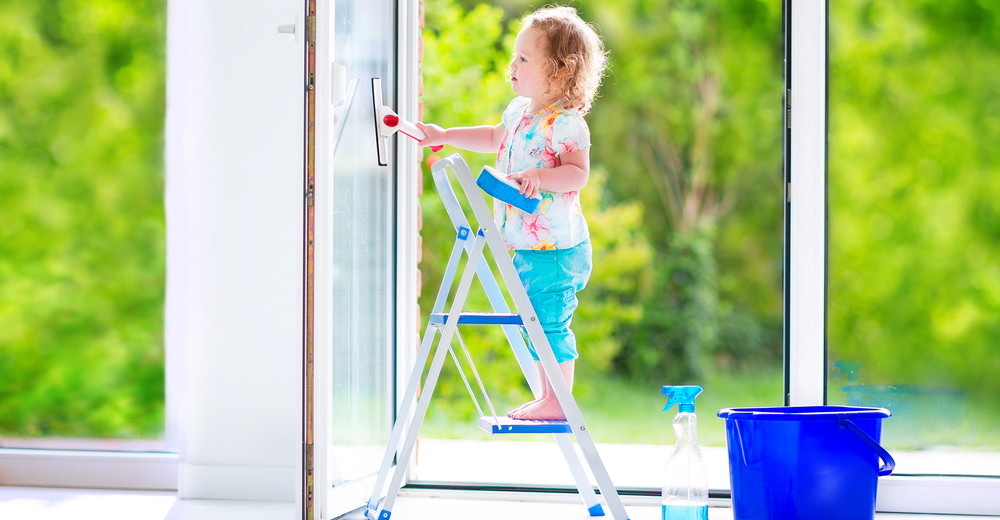

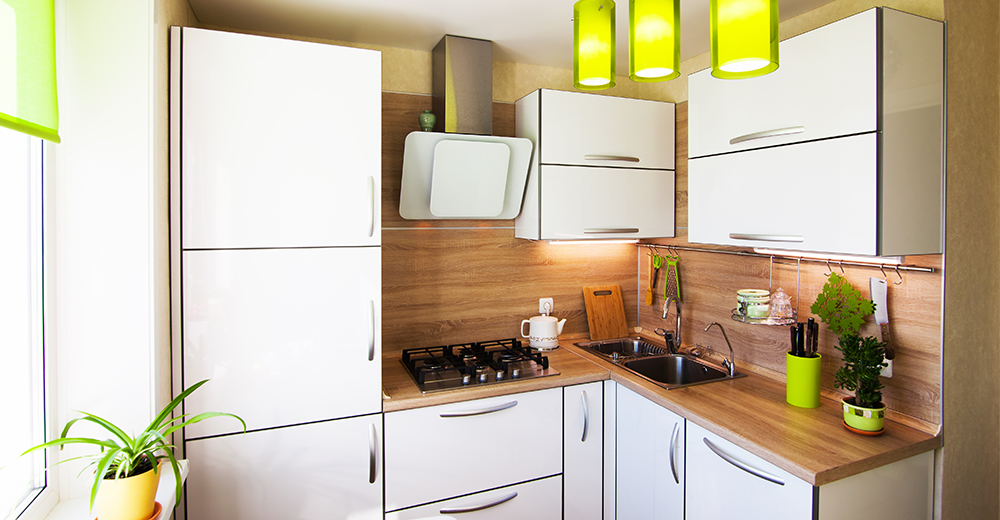





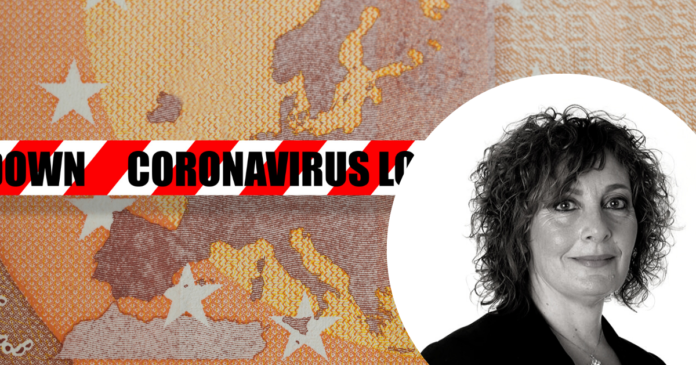


![11 Maltese Online stores that deliver furniture, furnishings & home decor [20/08]](https://blog.house.mt/wp-content/uploads/2020/08/1-12-218x150.png)